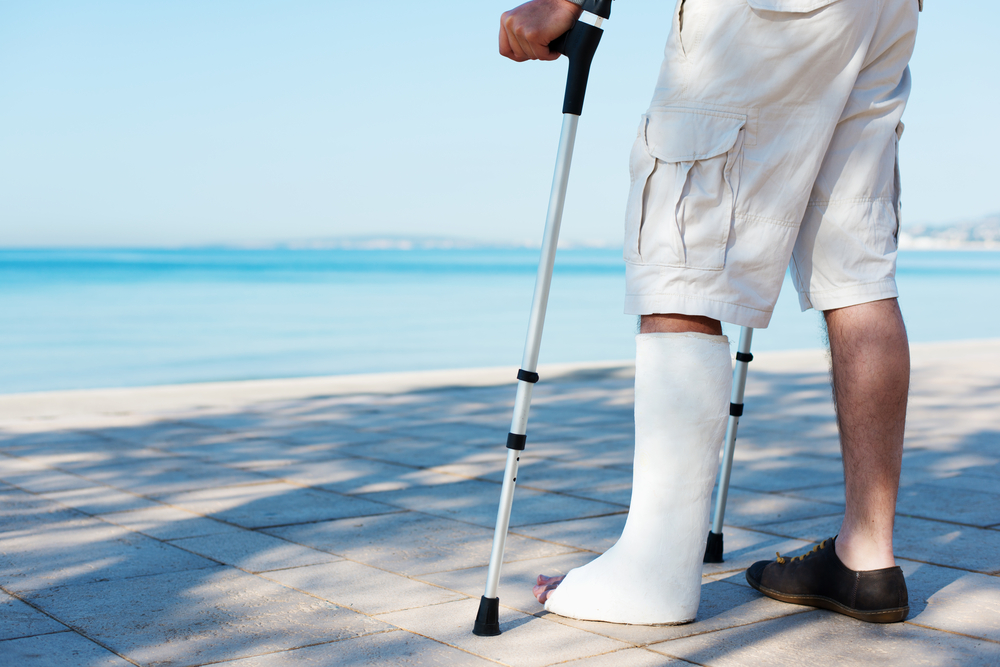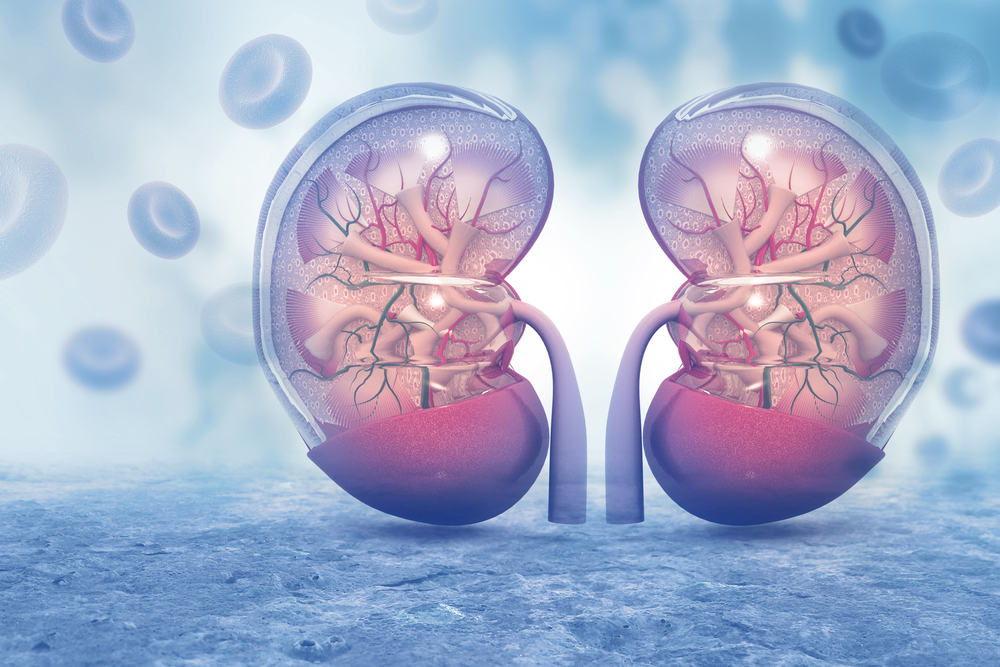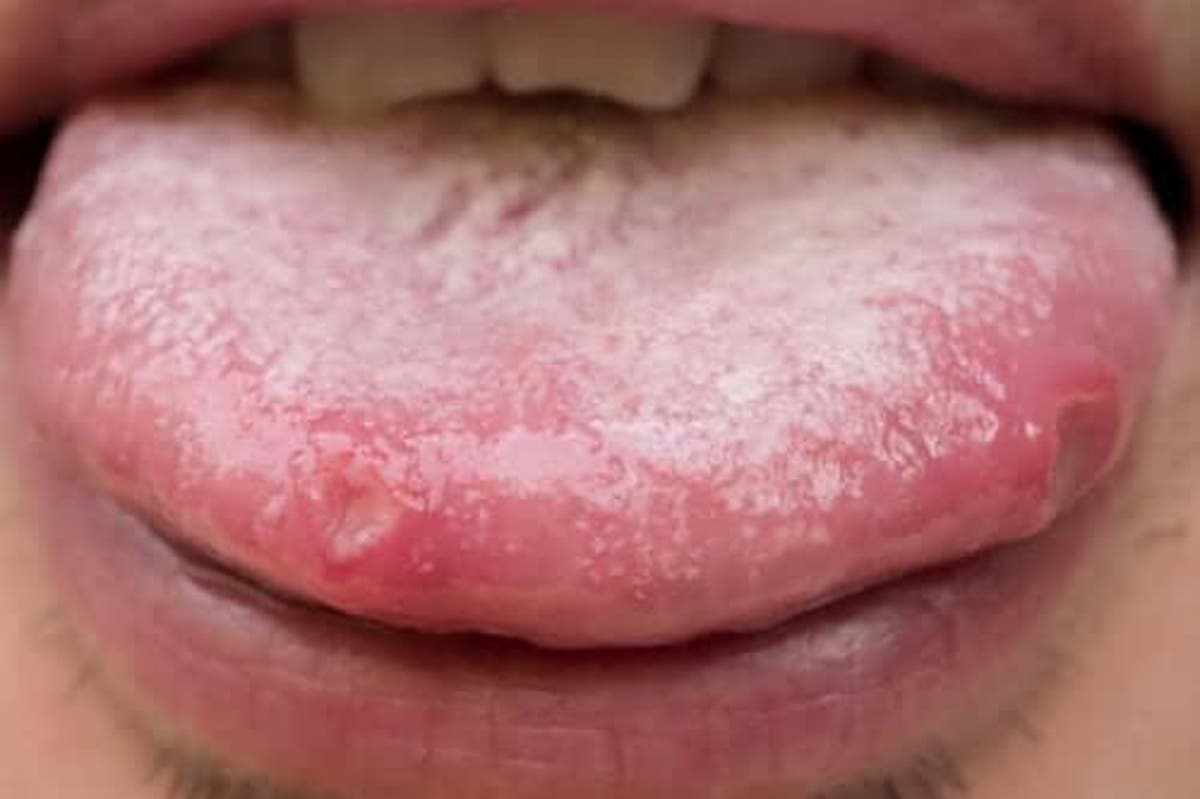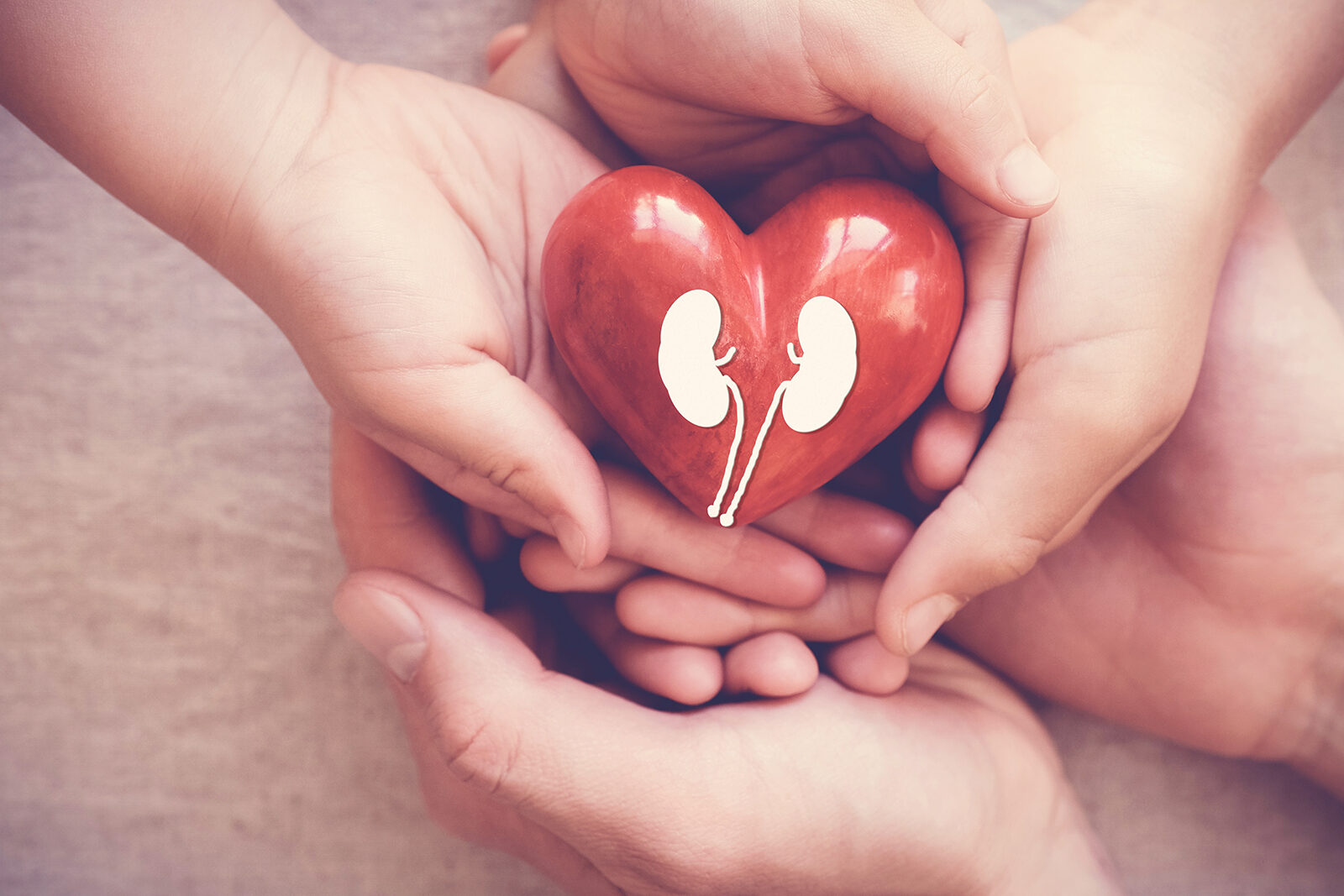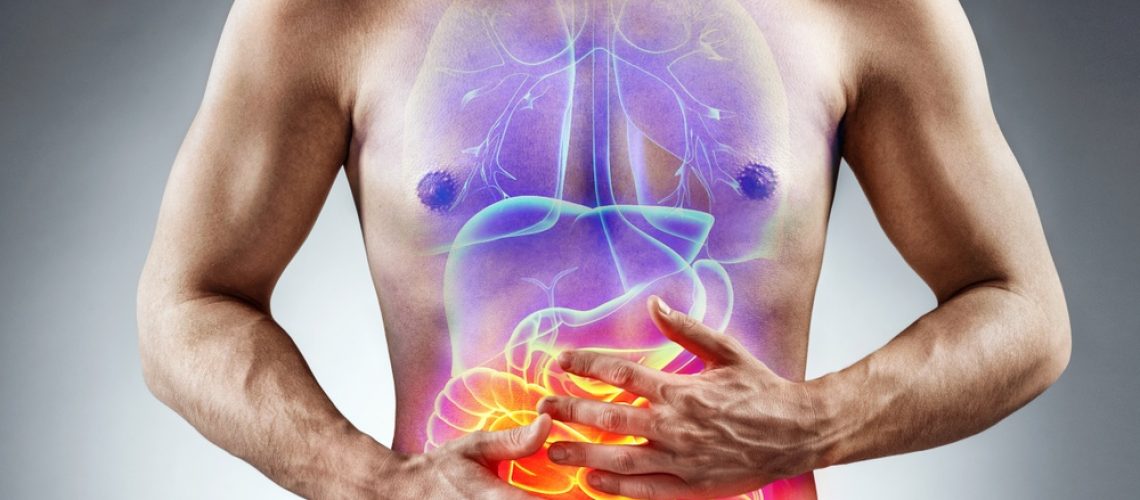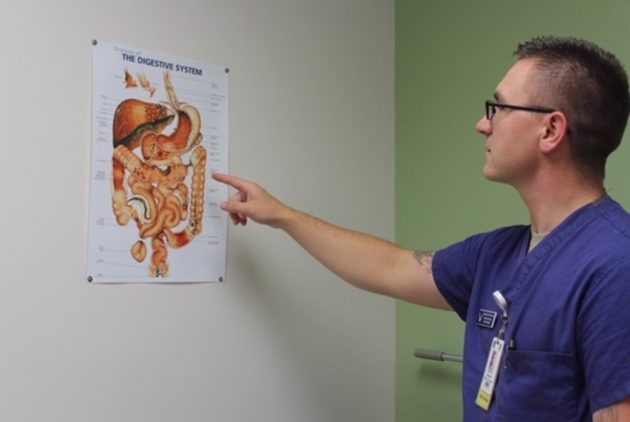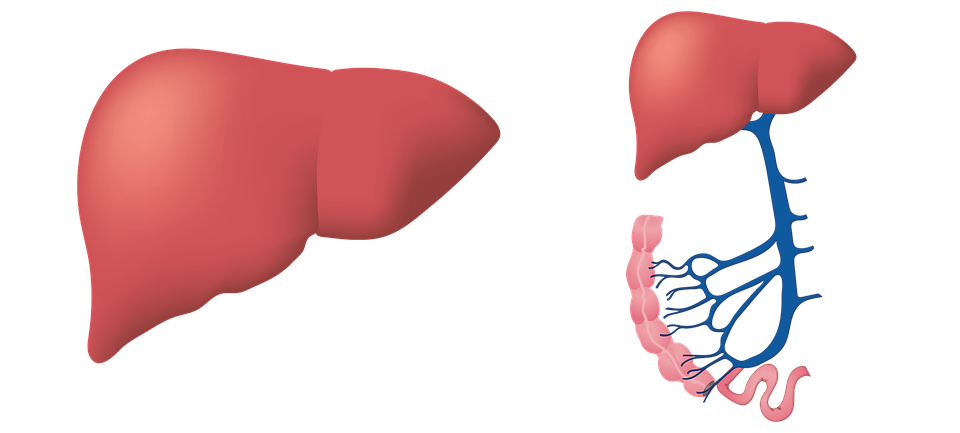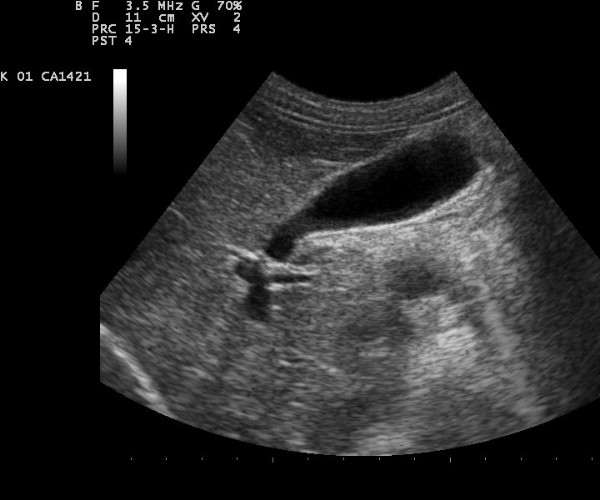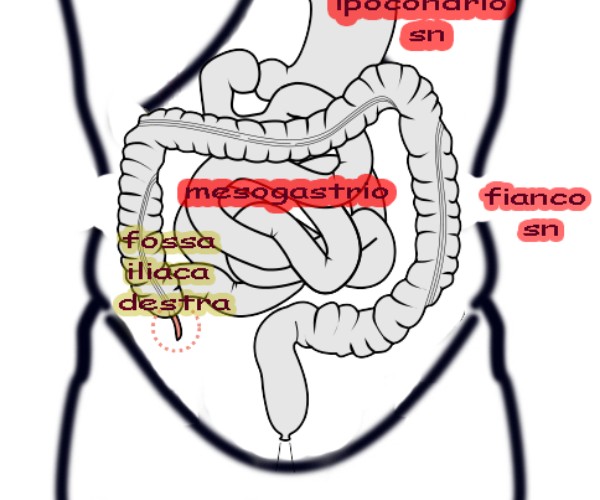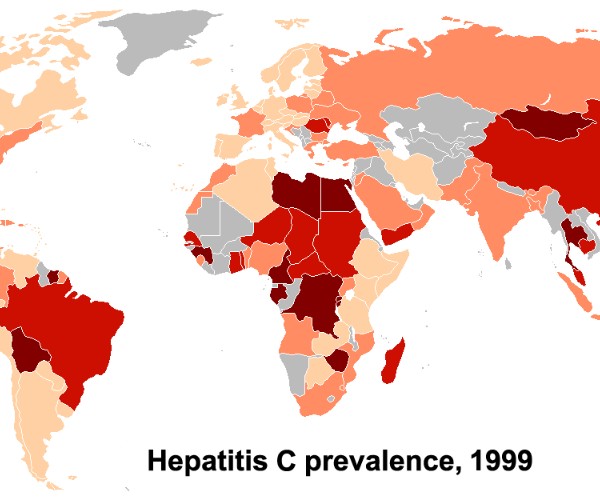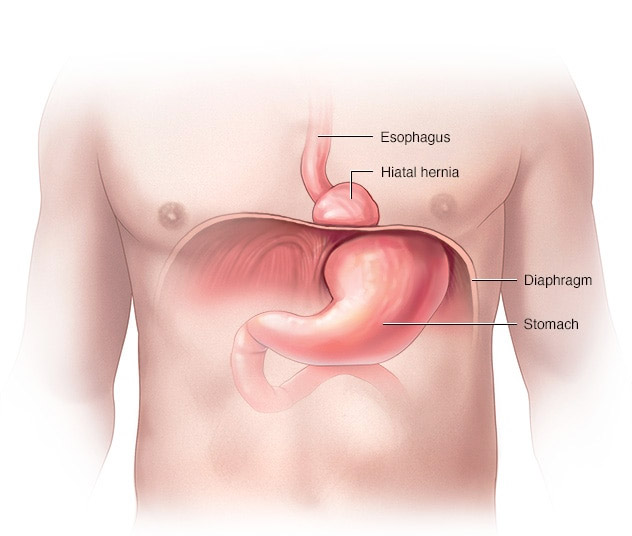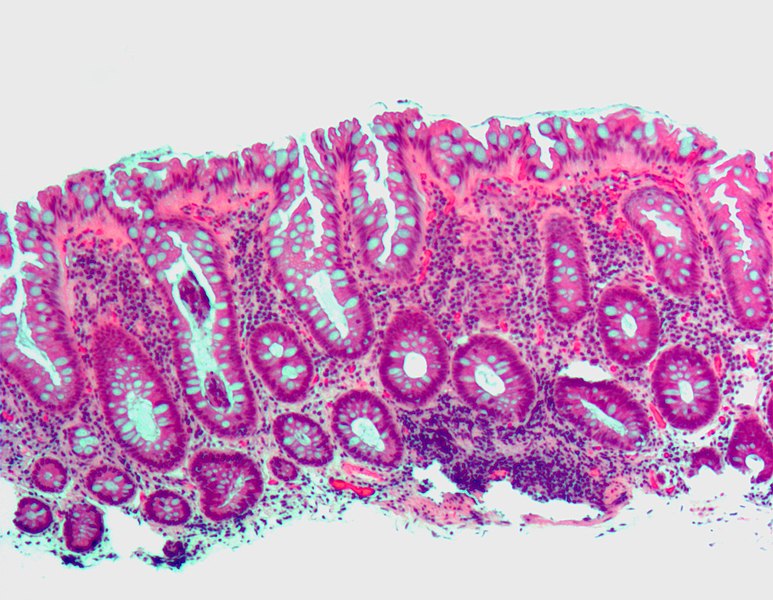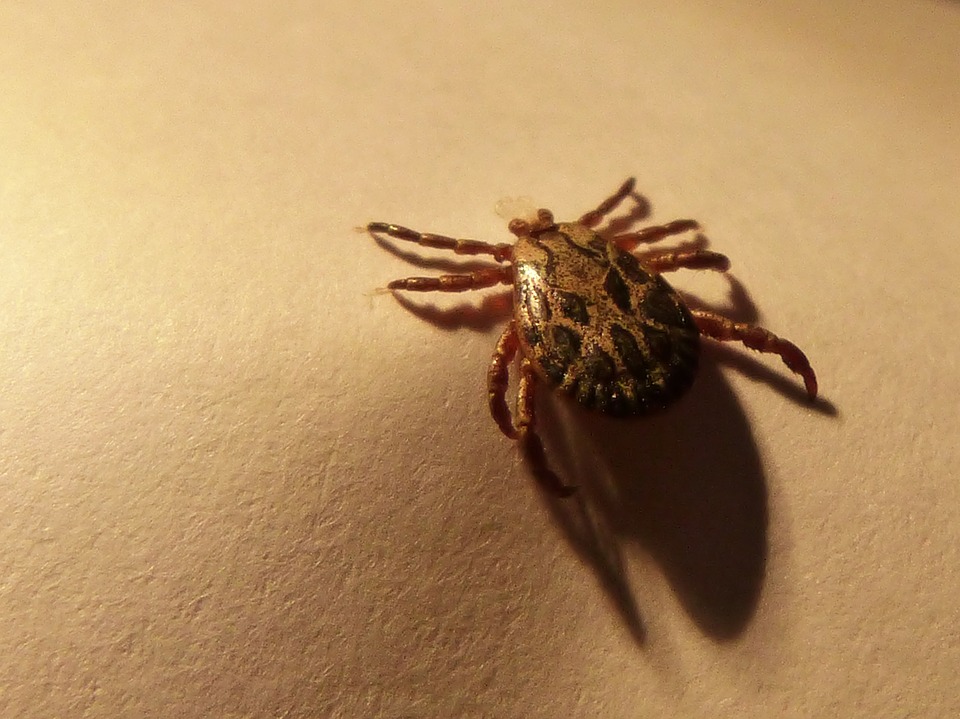If you have been diagnosed with one or more diverticula of the intestinal tract, it is best to follow your doctor’s instructions in terms of diet and lifestyle, then differentiate treatment according to whether you have diverticula or diverticulitis.
With diverticulosis, a fiber diet will need to be adopted.
If, on the other hand, the disorder is caused by diverticulitis, drug therapy based on antibiotics that are particularly active in the intestines, then anti-inflammatories must be used. It is also advisable to take milk enzymes, which are an excellent supplement to relieve the disorder.
The diet
As a diet against diverticulum disease, the following foods can be given priority consideration, which are particularly good both for cushioning the discomfort of diverticula, but also for preventing diverticula from developing into diverticulitis:
- 30 g of fiber per day
- Fresh and driedfruits, vegetables
- Beans and legumes, nuts, cereals and starchy foods
- Dietary fiber supplements
- Lots of fluids, which prevent side effects of fiber diet.
Therapy
As a medical treatment for diverticulosis:
- Paracetamol against pain, avoiding aspirin or other drugs that canarrange stomach upset.
- Laxatives, possibly in cases where you intend to overcome possible constipation problems.
As a medical treatment for diverticulitis:
- Antibiotics as prescribed by your doctor
- Paracetamol in case of pain or other painkiller as needed
- Constant hydration to relieve symptoms.
Surgery
In some cases, surgery may be necessary, especially when certain complications of diverticulitis appear, where removal of the portion of the intestine affected by the disease becomes necessary.
Such an intervention is especially essential when the patient is at risk of peritonitis, intestinal blockage, or complications such as fistulas.
Surgery usually involves removal of the affected section of the large intestine.
Following surgery to resolve diverticulitis, some postoperative issues may arise, such as a temporary colostomy, or abscesses that require careful drainage.
All of these elements should be well evaluated together with one’s physician in case one is thinking about the surgical solution, noting both the benefits and the risks it might entail.




